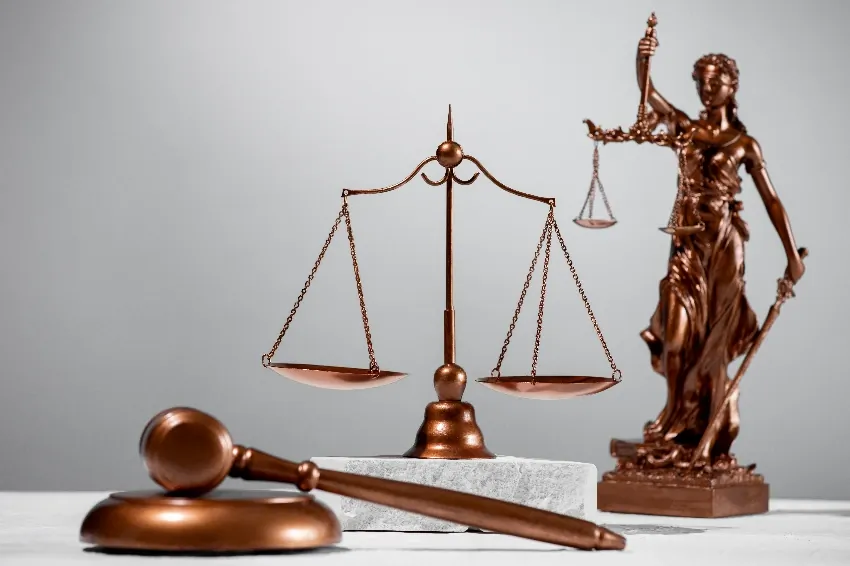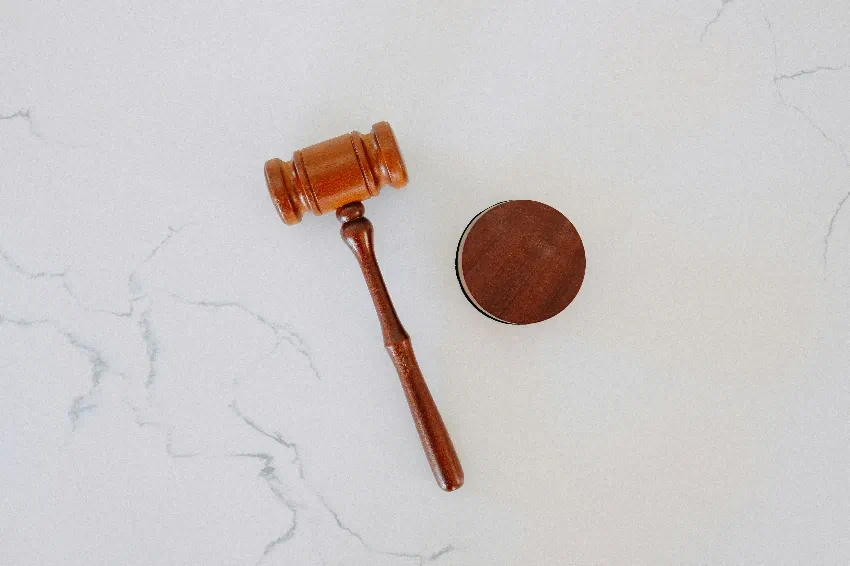
The Non-Appealability of Judgments with Pecuniary Penalty: Analysis of Cassation No. 17277 of 2025
The Court of Cassation, with judgment no. 17277 of 2025, clarifies the limits to appeal for convictions that provide for a fine, even if it replaces detention. An essential in-depth analysis of the changes introduced by the Cartabia Reform and the practical implications for Italian criminal justice, between simplification and procedural guarantees.

Electronic Filing and Precautionary Appeals: The Cassation Ruling 19415/2025 on Incorrect PEC
The Court of Cassation, with ruling no. 19415 of 2025, has clarified a crucial aspect concerning precautionary appeals: the electronic filing of an appeal via PEC, even if addressed to a different office than the one provided, does not lead to inadmissibility if the document reaches the competent registry promptly. A detailed analysis of the implications for legal practice and the protection of rights in the electronic criminal proceedings.

Substitute Penalties and Conditional Suspension: the Court of Cassation with Judgment no. 17675 of 2025 clarifies the limits of the Cartabia Reform
The Court of Cassation, with judgment no. 17675/2025, addresses a crucial point of the Cartabia Reform: the applicability of the prohibition of substituting short custodial sentences in the presence of unlawfully granted conditional suspension. A decision that protects the defendant and clarifies the boundaries between penal benefits, avoiding a double disadvantage.

Restorative Justice and Appealability: Analysis of the Court of Cassation ruling No. 19339 of 2025
The Supreme Court, with Judgment No. 19339 of 2025, clarifies the limits and conditions for appealing orders denying access to restorative justice programs, outlining a crucial path for defendants and lawyers in the context of the Cartabia Reform. Find out when an appeal is possible and which offenses are affected.

Substitute penalties on appeal: what Cassation n. 14168/2025 teaches about the burden of reasoned request
The Supreme Court, with judgment no. 14168/2025, confirms that the substitution of short custodial sentences cannot be ordered ex officio on appeal: it is up to the defense to formulate a specific and reasoned request, otherwise the application is inadmissible. Let's analyze the rules, case law, and practical implications.

Omission of Restorative Justice Notice: The Court of Cassation and Judgment No. 20308/2025 on the Validity of the Writ of Summons
The Court of Cassation, with Judgment 20308/2025, clarifies that the omission of the notice regarding the right to access restorative justice in the appellate summons does not entail the nullity of the act. An analysis of the implications of this decision, which characterizes the omission as mere informational non-compliance without impact on the 'vocatio in ius'.

Compensation for Unjust Detention in the Court of Cassation: The Written Procedure according to Judgment 19501/2025
The Court of Cassation, with judgment no. 19501/2025, clarifies the applicability of the written procedure in the legitimacy judgment for compensation of unjust detention, overcoming the uncertainties introduced by the reform of Legislative Decree 150/2022. A fundamental analysis for understanding compensation procedures.

Judgment No. 2776 of 2024: Cartabia Reform and Electricity Theft
Analysis of ruling no. 2776 of 2024, which clarifies the prosecutability of electricity theft in light of the Cartabia reform. It highlights the limits and the possibilities of contestation by the public prosecutor.

Paper-based proceedings and communication of the Public Prosecutor's conclusions: analysis of Cass. pen. Section II, judgment no. 15245/2025
The Court of Cassation, with judgment 15245/2025, clarifies that in the new paper-based proceedings following the Cartabia reform, the obligation to communicate the Public Prosecutor General's conclusions to the parties no longer exists: let's see why and what practical impacts this has for the defence and the prosecution.

Substitute Penalties and the Cartabia Reform: Court of Cassation Judgment No. 18260/2025 clarifies the non-conversion of supervised freedom
The Court of Cassation, with Judgment No. 18260/2025, has delineated the temporal boundaries for the application of the new substitute penalties introduced by the Cartabia Reform, excluding the conversion of preexisting supervised freedom. An in-depth analysis of the practical implications and legal principles involved for practitioners and citizens.